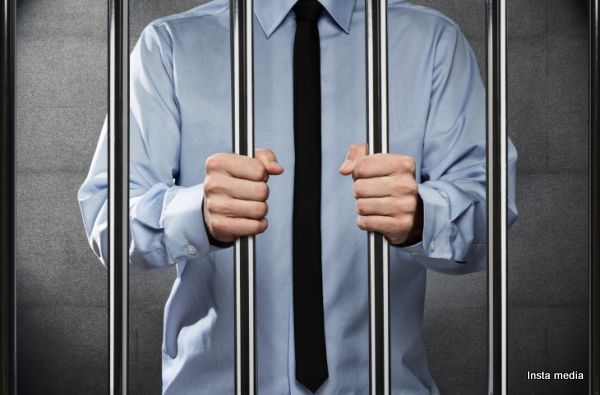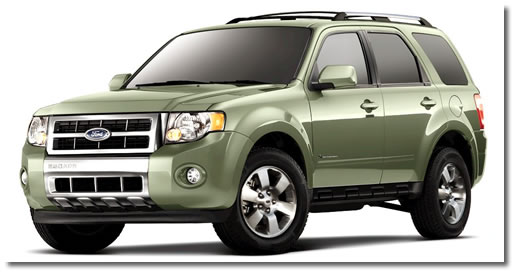While everyone is elated at the mention of crime and prison occupancy rates dropping in the US, private prison operators are sulking. For lower crime and prison occupancy rates means lower contracts to manage and run for-profit correctional facilities. The shrinking market has in fact, forced these private prison operators to do what everybody else in the same position would do – look elsewhere outside the US for potential markets in the form of private prisons and detention systems. And these companies are for the most part, targeting countries like Australia, New Zealand and the UK which have either a consistent or growing prison population.
Most of these countries opt for private correctional facilities for their prisoners. And private prison operators look for this very fact when hunting down a prospective location for their next service. Australia, for instance, has over 19 percent of its prisoners in private correctional facilities and detention centers.
Now why would anyone want to hand over prisoners to a private sector company you may ask. The reason is simple. At a point of time in 1980s, when the prisons in US were literally overflowing with detainees and inmates, the US government decided to seek the aid of private prison operators who offered to house prisoners in cheap and quick correctional facilities. The trend continued after the initial arrangement and today, private operators manage a large portion of the prisons in the US (and other countries around the world).
Although they may seem a convenient option, these private prison companies have come under the scanner on more than one occasion, and have faced harsh criticism from individuals who believe that these facilities offer very low quality services in return for their low costs. Many private prison operators also fail to save the taxpayer money, and contribute heavily to politicians, thereby negatively affecting the criminal justice policy, especially towards immigrants.
Most private prisons have also come under the scanner for their inhuman conditions and treatments, with some prisons ranking way below the tolerable limit in maintaining decent standards.
However, these issues don’t seem to affect prison privatization, especially in a country like Australia where the crime rate and the number of prison occupants has risen steadily by over 106 percent over the past few years. This includes the 95 percent increase of prisoners who are held in private prisons, and over 8797 immigrants held in immigration detention centers (managed entirely by private operators) across the country.
Private prison operators are hoping to cash in on this fact, and are on the lookout for emerging markets outside the US. For instance, the GEO Group, which happens to be the second biggest private prison operator in the US, managed to rake in almost 14 percent of its annual revenue from international contracts in 2012.
Experts believe that the issues with private prison operators would not stop them from exporting their business models to other countries. And no matter which side of the planet you are on, you are going to face the same problems in a prison operated by these companies.





